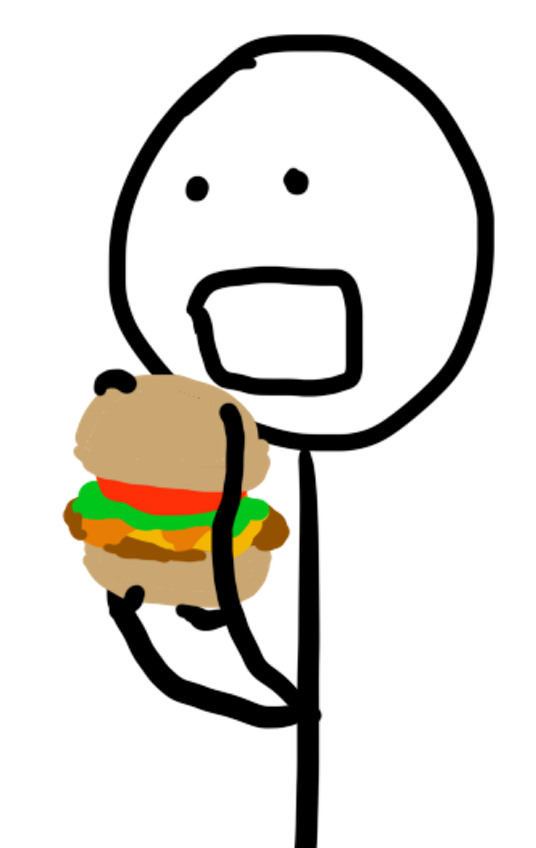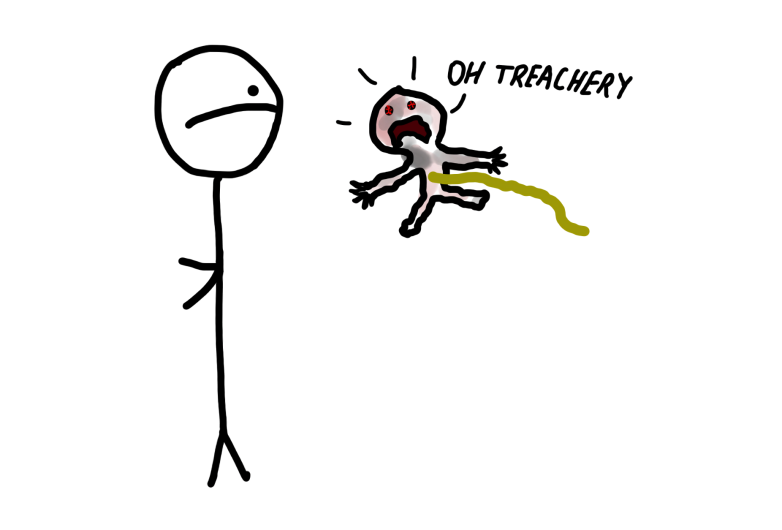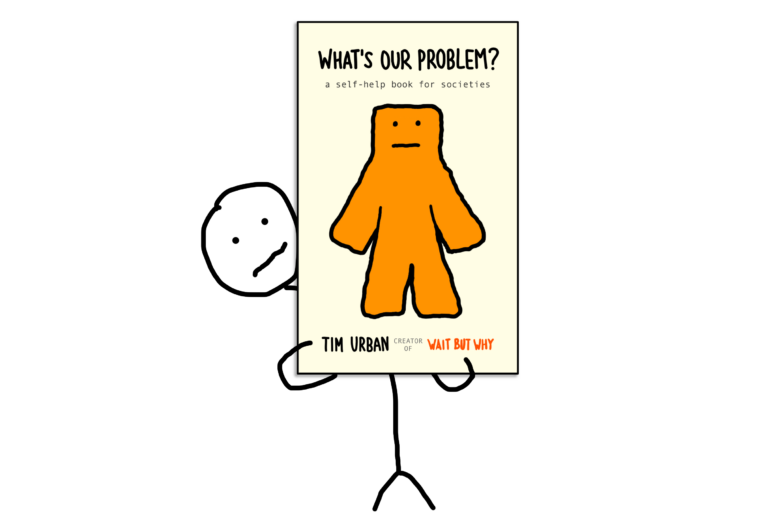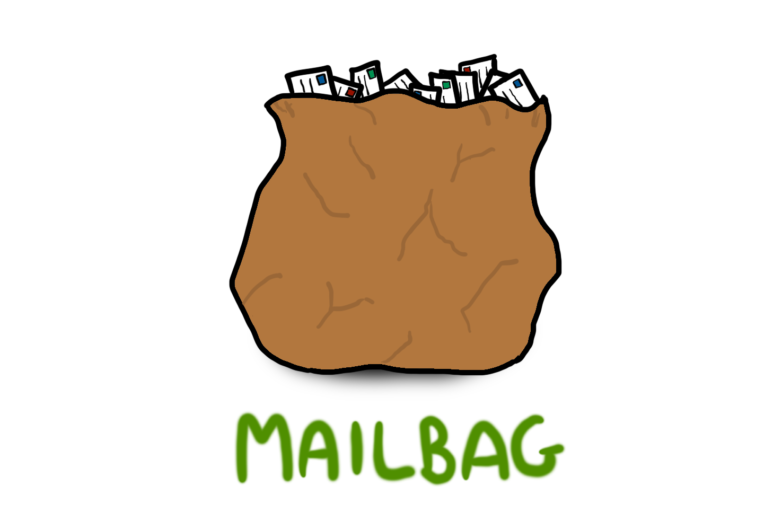Simple eight-word Dinner Table question this week:
Is it ethical for humans to eat meat?
But those eight words are the subject of a raging debate going on in our species.
On the “yes it is ethical” side of the debate, people have a pretty simple argument: Animals eating animals is a fact of life and always has been—it’s the food chain at work—and humans eating other animals is no less ethical than a lion or a shark or a venus fly trap doing so. When Benjamin Franklin opened up a fish and saw a smaller fish inside of it, he reasoned, “If you eat one another, I don’t see why we mayn’t eat you.”1
 Some argue that animals have a distinctly different moral standing from humans. Adjunct professor Timothy Hsiao argues that “sentience is not sufficient for moral status.” He puts eating an animal in the same bucket as cutting a flower from his garden, explaining that “although animals experience pain as it is physically bad, their experience of it is not in itself morally bad. They are harmed in feeling pain, but this harm is not of a moral kind … Since animals lack moral status, it is not wrong to eat meat, even if this is not essential to nutrition.”
Some argue that animals have a distinctly different moral standing from humans. Adjunct professor Timothy Hsiao argues that “sentience is not sufficient for moral status.” He puts eating an animal in the same bucket as cutting a flower from his garden, explaining that “although animals experience pain as it is physically bad, their experience of it is not in itself morally bad. They are harmed in feeling pain, but this harm is not of a moral kind … Since animals lack moral status, it is not wrong to eat meat, even if this is not essential to nutrition.”
On the “no it’s not ethical” side, people like Peter Singer argue that consciousness is a spectrum, not a black-and-white thing. People in this camp believe that the pain and suffering animals endure is close to or even just as real as that felt by humans and that we should feel a similar compassion for a pig as we do for a mentally-disabled human with the same cognitive capacity.
Some ask us to confront the circumstance of an alien species more advanced than humans landing on Earth. If we’re justified in eating less intelligent animals because they have less cognitive capacity than we do, would we also argue that it’s perfectly moral and okay for the smarter-than-us aliens to lock humans in cages and then usher them to the slaughterhouse to serve us as dishes at their restaurants?
Others point to the environmental harm caused by the livestock industry—its significant contribution to water pollution and greenhouse gas emissions, among other concerns.
Then there’s a wide, hazy middle-ground. There are people who think vegetarianism is critical while veganism is unnecessary. Some protest the poor treatment of animals in the livestock industry but are fine with the actual practice of eating meat, if the raising of the meat was done humanely. Others are fine with eating lower-level animals but not those which are more sentient—like Christopher Cox, who argues that eating oysters is the moral equivalent of eating plants.
It’s complicated. Thoughts?
___________
Tim’s Answer: I think the treatment of animals in the livestock industry in 2015 is a good candidate to be one of those things that people in 2065 look back on as horrific and primitive and shameful. Whether future humans will be mostly vegetarians (or eaters of in vitro meat) and look back upon all forms of meat-eating, cruel or humane, as immoral is less clear to me. Either way, I’d guess that today’s vegetarians will end up being on the right side of history. The reason I have a hard time answering this question is that it’s one of those areas of life where I’m just kind of a not great person. Because I’m pretty aware that when I order a non-organic meat dish in a restaurant, I’m supporting some pretty awful things—and I do it anyway.
Ya know?
So I don’t really feel I have the privilege of having a strong stance on this, for the same reason I’m not really allowed to act outraged about the abominable treatment of Asian sweatshop workers when I own a bunch of big brand clothes and Apple products. Eating meat is probably not ethical, especially given the barbaric norms in the livestock industry—but meat is delicious, and my current move in life is to kind of just selfishly detach from the whole thing and hope it goes in a better direction in the future while making no personal sacrifice in the present to do anything about it, because it just feels symbolic more than practical to stop eating meat—even though I know if everyone thought that way nothing would ever change—and in that moment when my eyes scan across Double Smoked Country Bacon Jalapeño Cheddar Burger on the menu, I end up choosing to not think about either the incredible suffering of cows and pigs or the gross and probably-super-unhealthy antibiotics that went into the creation of that burger and just order it. With Tabasco.
You can sign up for the Dinner Table email list here to be notified about the new topic each week, and remember to submit future topic suggestions to [email protected].





